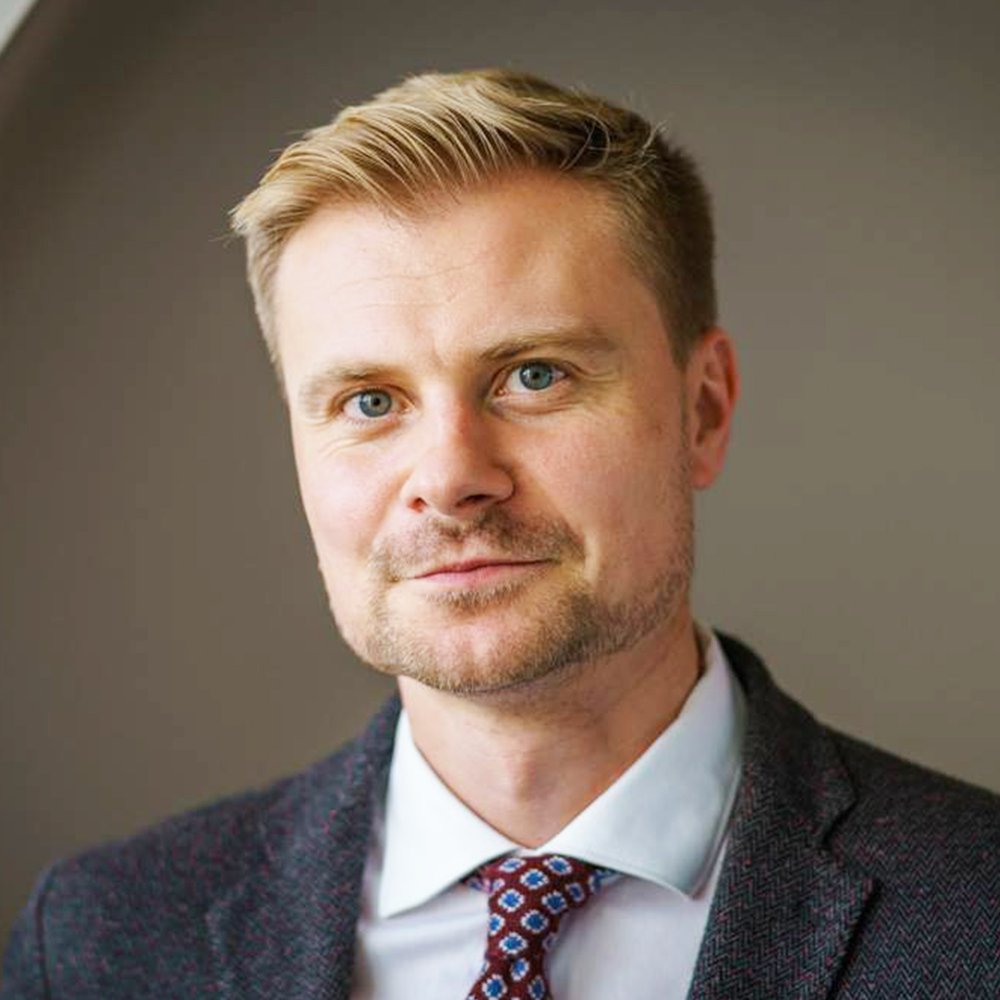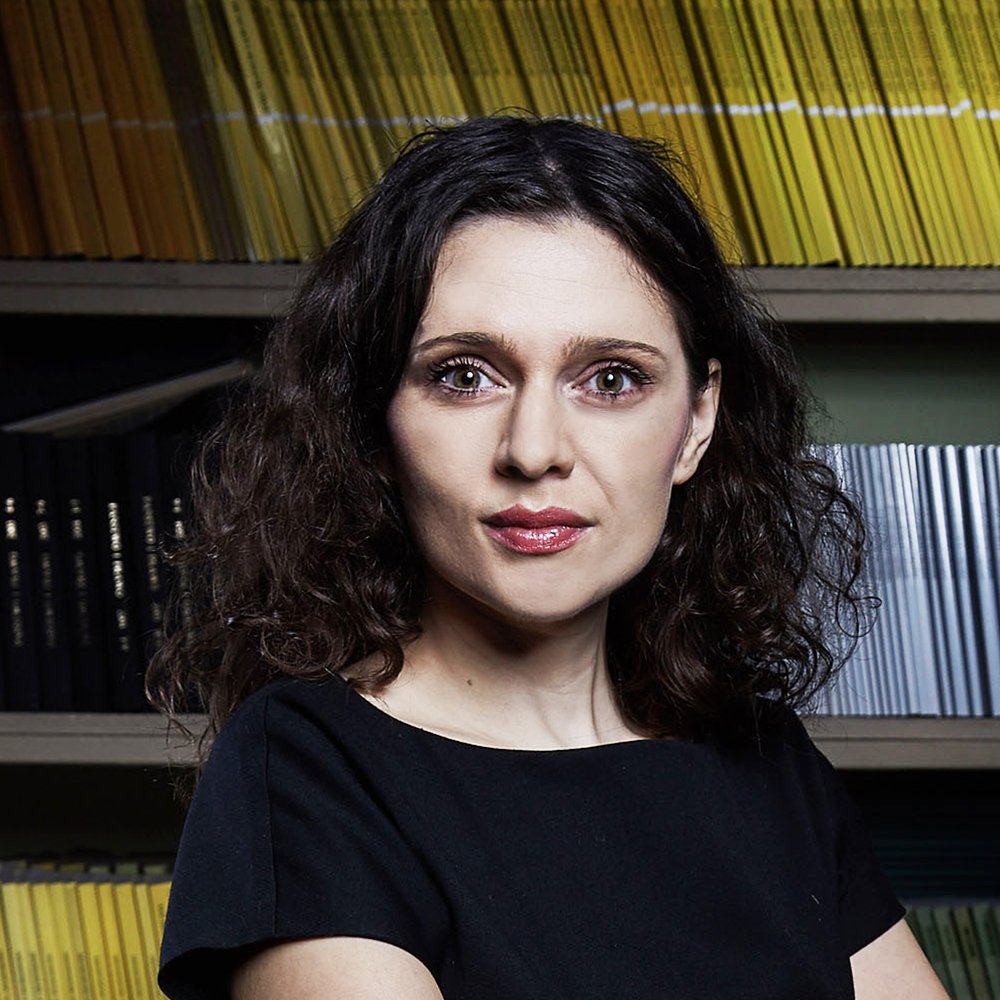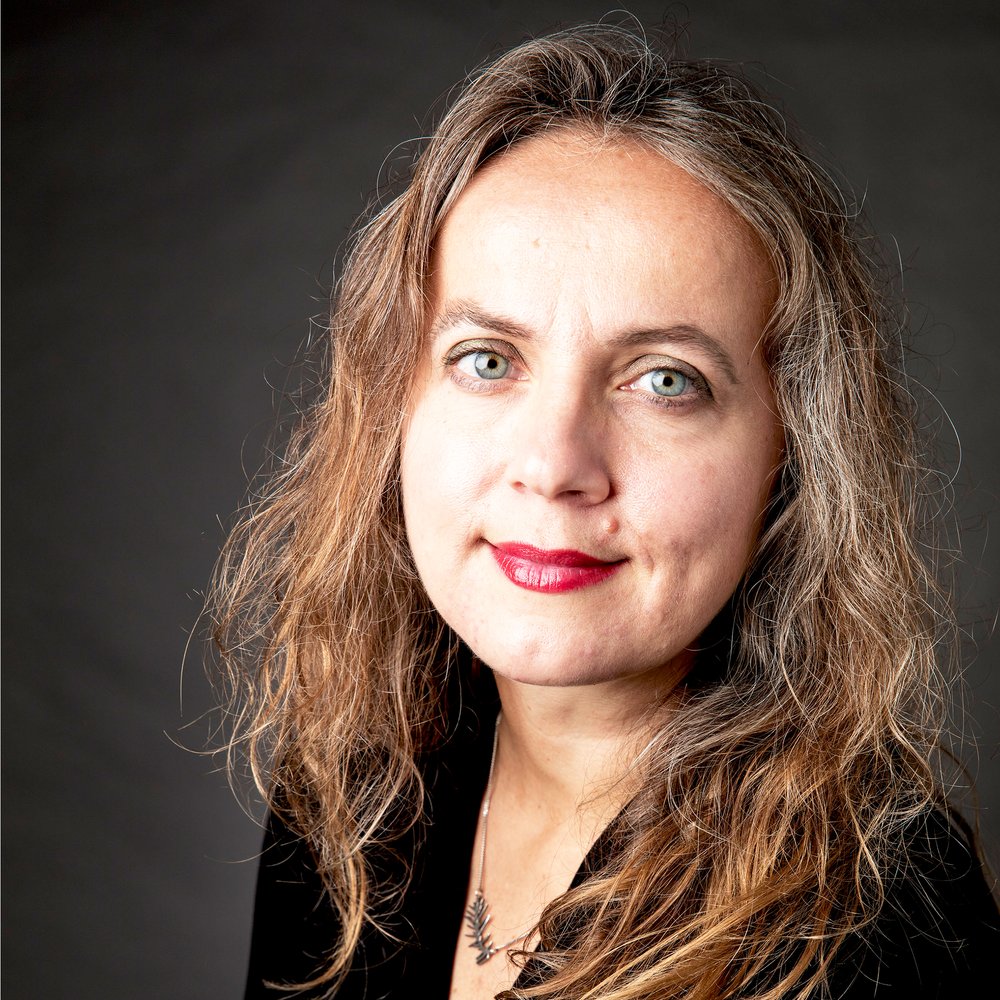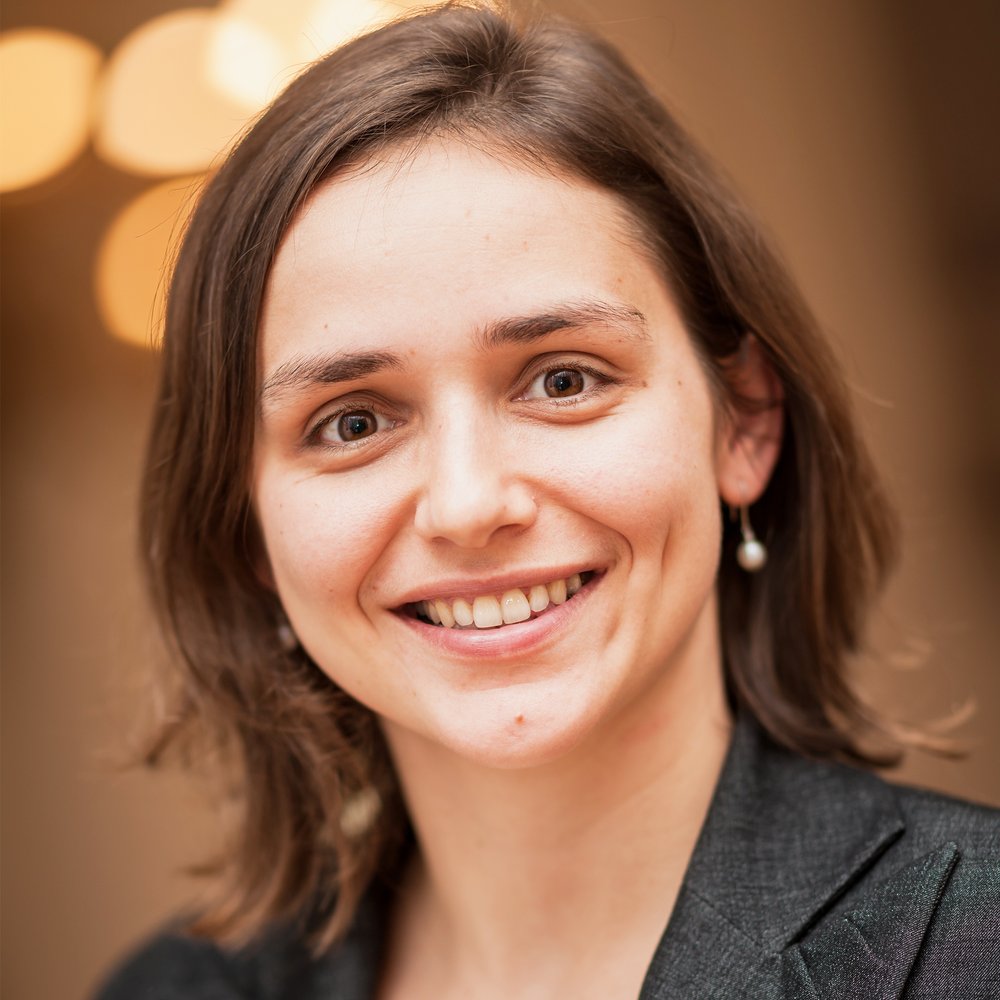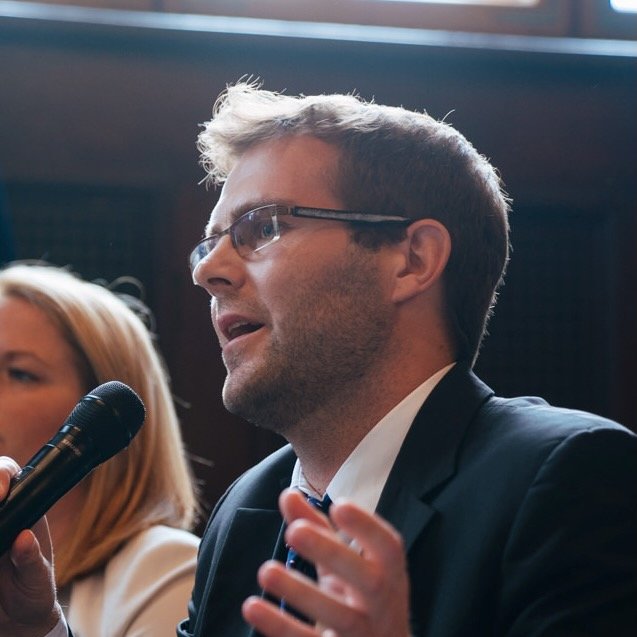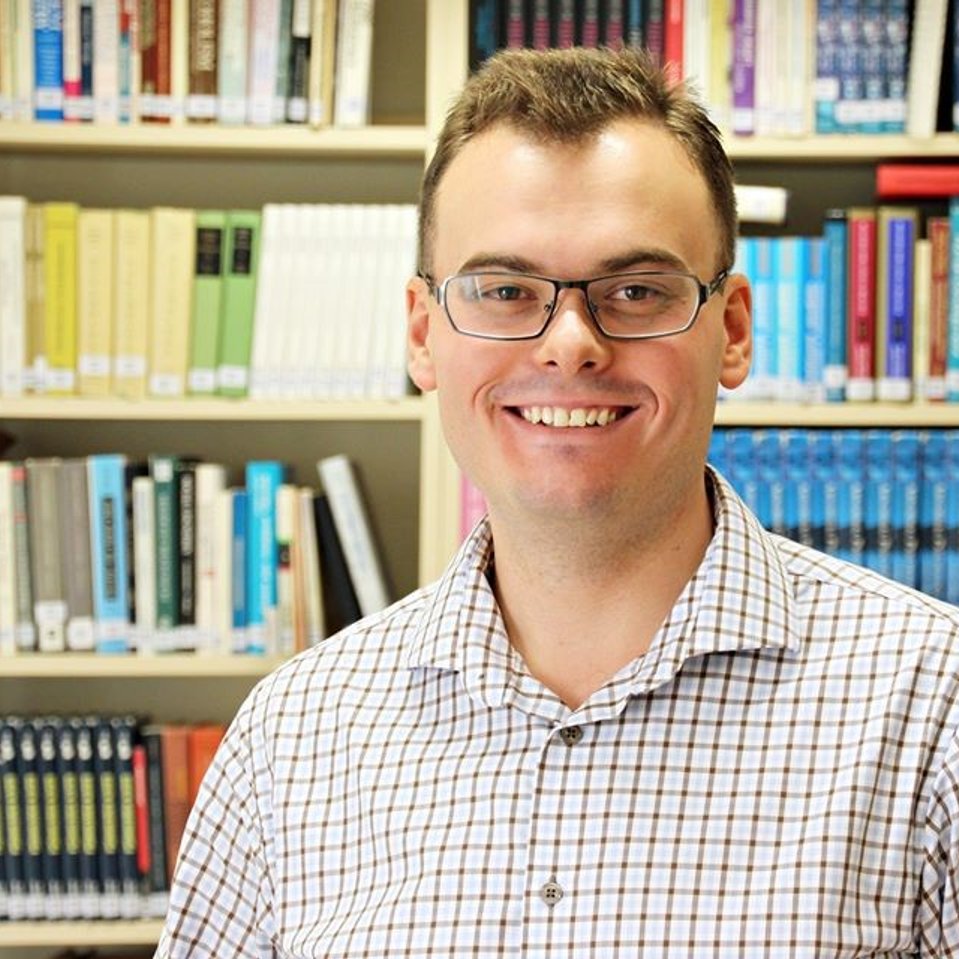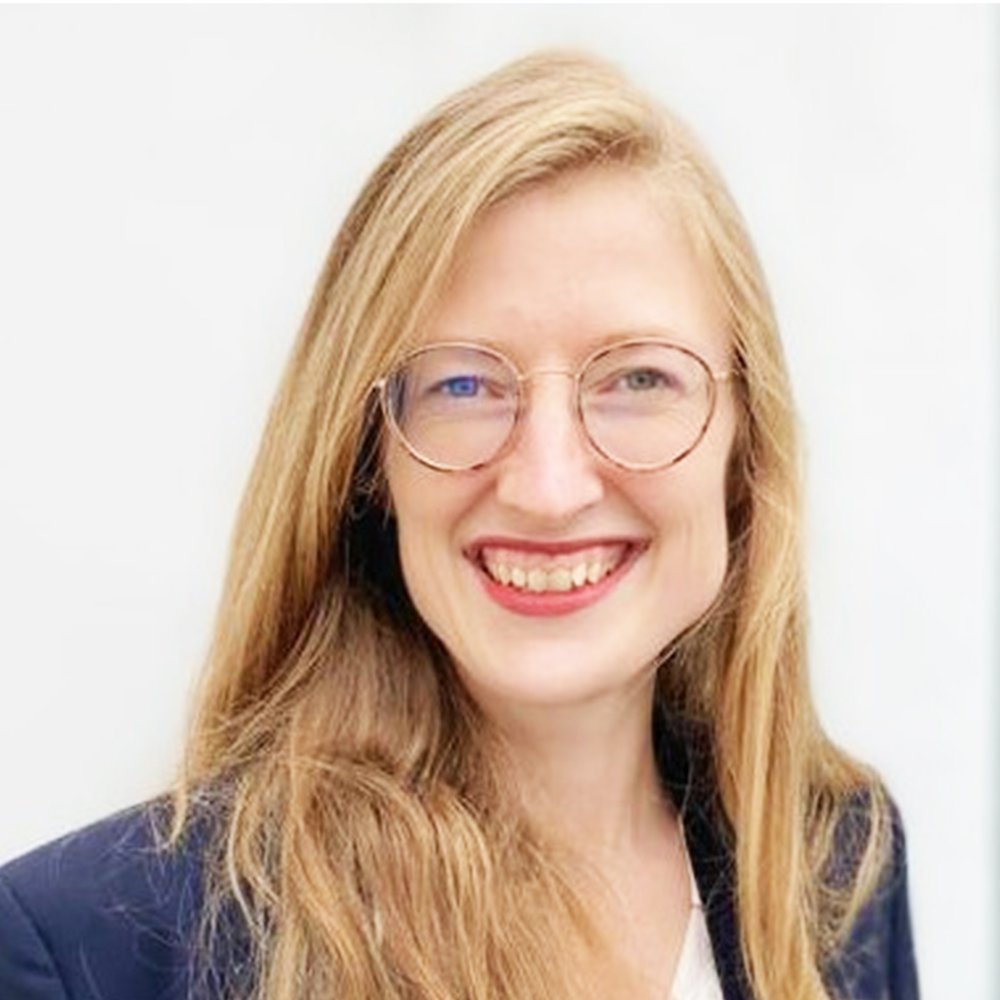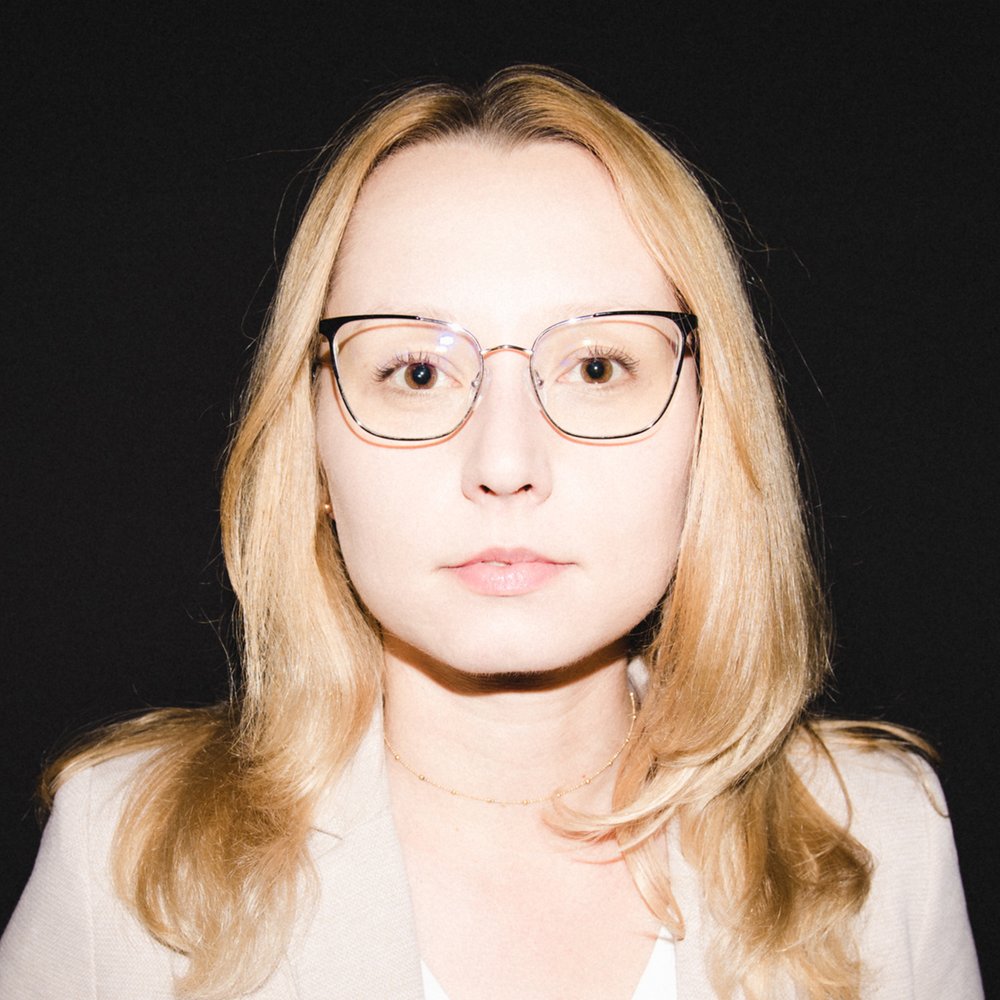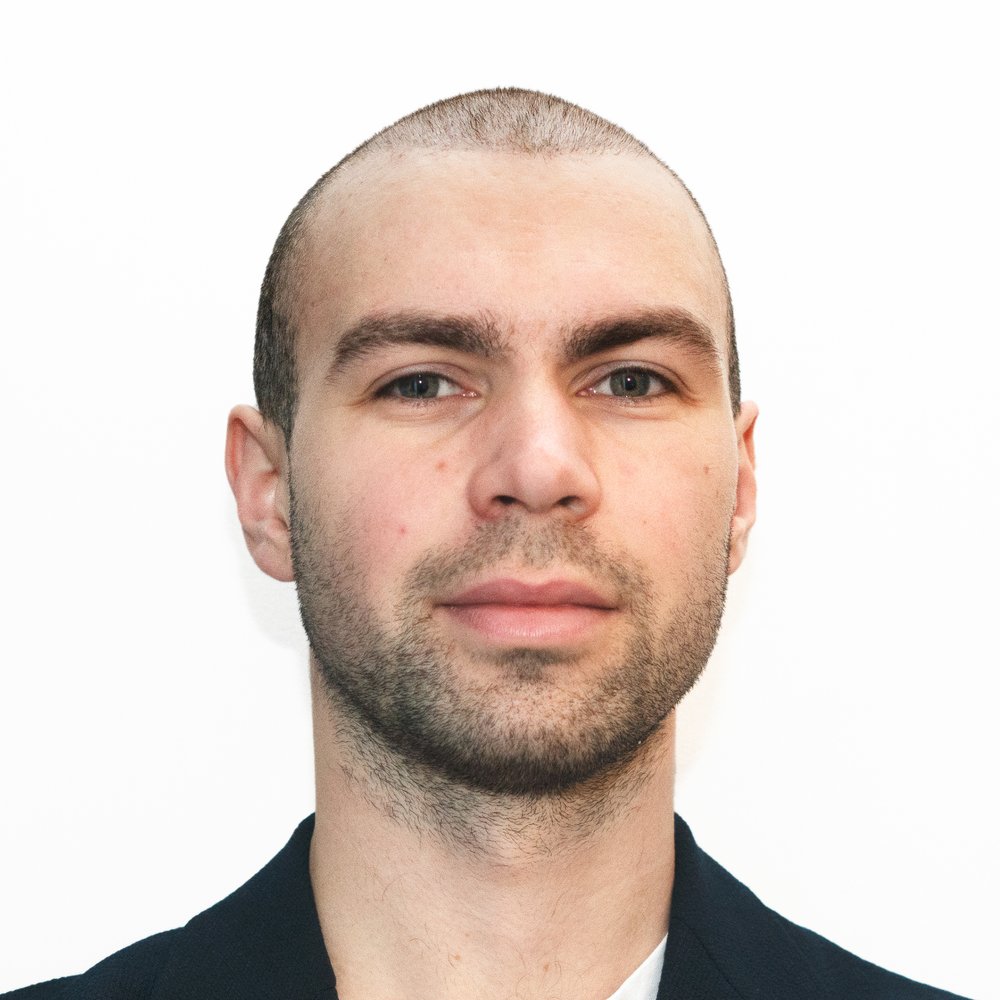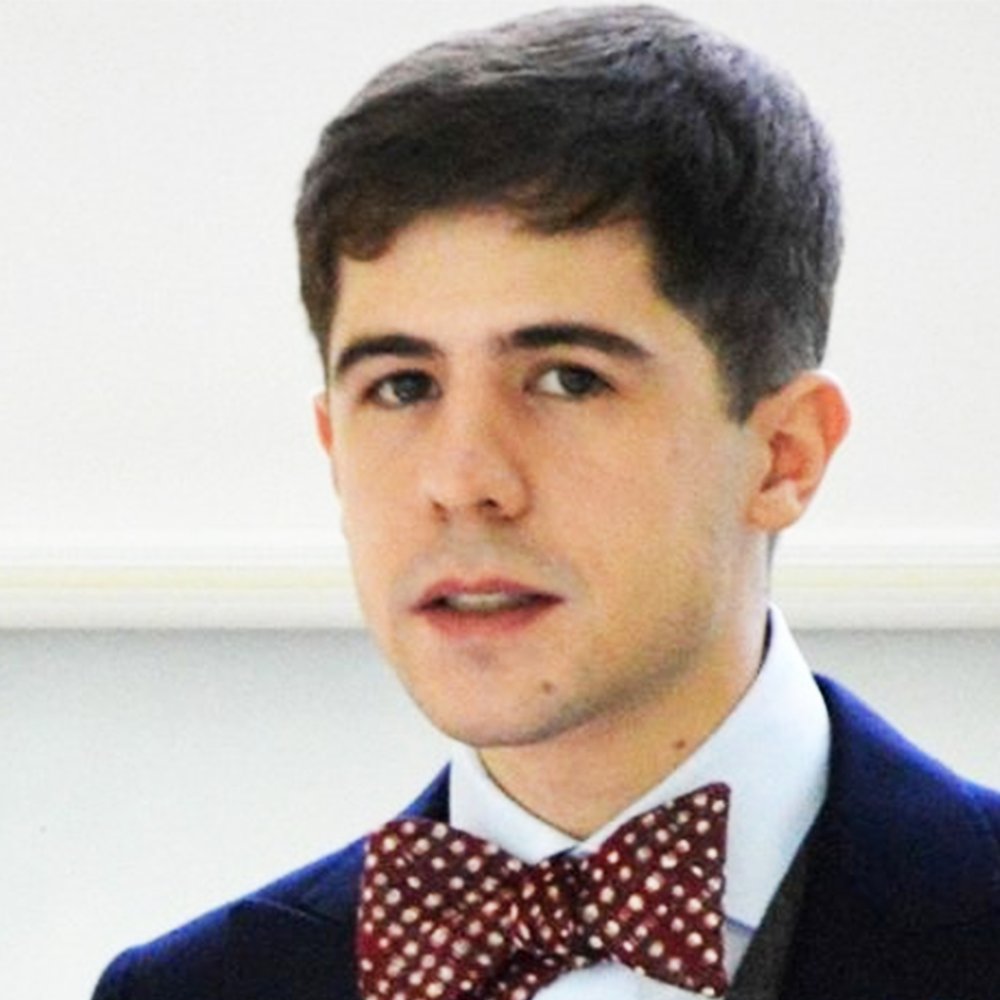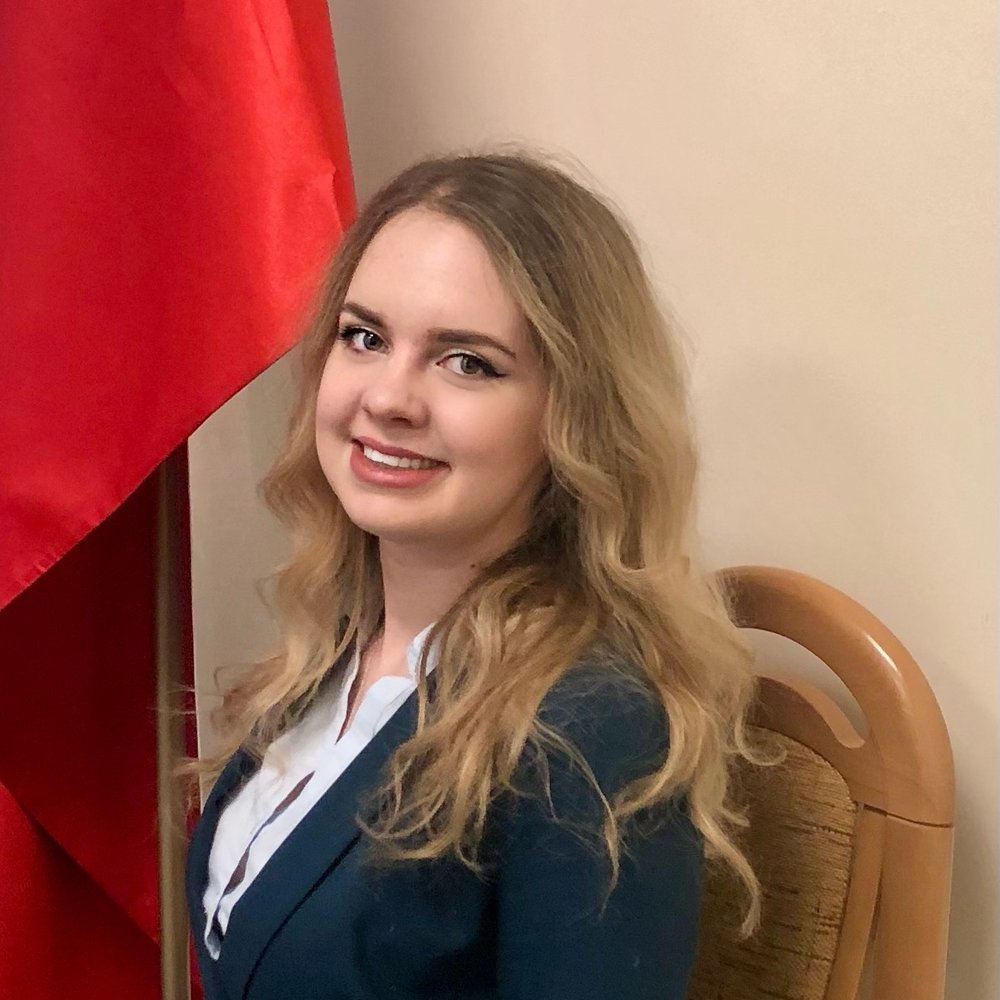Mirosław Michał Sadowski is the MEMOCRACY research assistant in the Polish team. He is a Doctor of Civil Law (DCL) candidate at McGill University’s Faculty of Law, a Research assistant at the Institute of Legal Sciences, Polish Academy of Sciences (INP PAN), and a 2019 Master of Laws graduate of the University of Wrocław, Poland. His main interests lie in the intersections between law and memory, sociology of law, cultural heritage law and the law of Hong Kong and Macau SARs, but in his research he also explores international law and political science. His thesis, written under the supervision of prof. Helge Dedek, will focus on a comprehensive examination of the mechanisms controlling the relationship between law and memory. So far, Mr. MM Sadowski has participated with a paper in over thirty-five conferences, including CLC 2015 – 2018; 2021, SLSA 2016 – 2019; 2021, SLS 2020 – 2021, McGill’s GLSA 2017, 2019 – 2021, and published three book chapters, twelve articles and a conference report, with one book chapter and one article awaiting publication in 2022. In the 2020/21 academic year he held the function of VP Academic of the Graduate Law Students Association (GLSA) at the Faculty of Law, McGill University, serving as the Association’s President in the 2021/22 academic year. Mr. Sadowski speaks four languages – Polish, English, French and Portuguese – and is currently learning German and Hungarian. He is also a member of the British Socio-Legal Studies Association (SLSA), Society of Legal Scholars (SLS), Law and Society Association (LSA), Canadian Law and Society Association (ACDS/CLSA), and the Richard Wagner Society of Wrocław.

